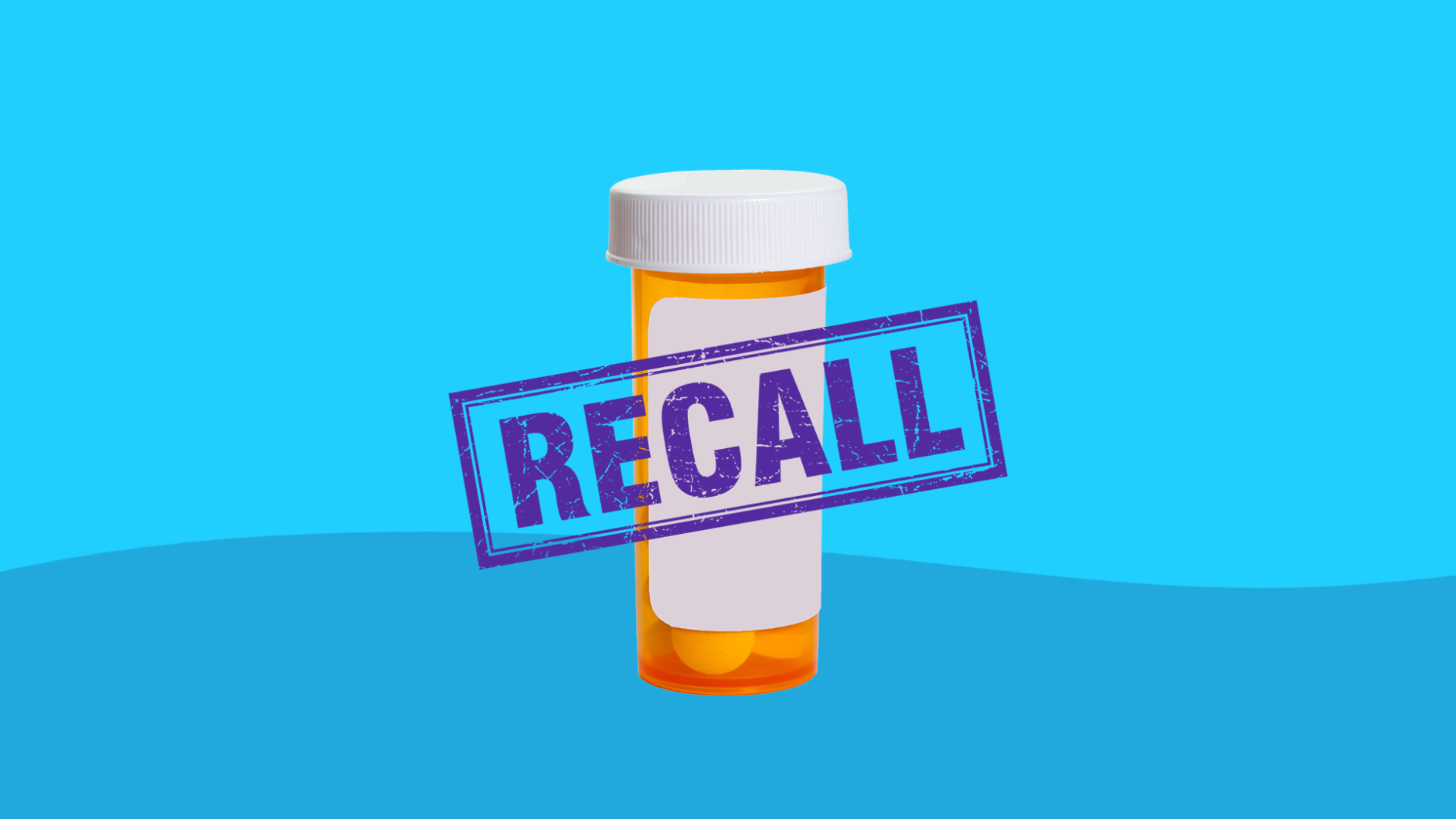Metformin recall has been a hot topic in recent years, raising concerns among patients and healthcare professionals alike. This medication, commonly prescribed for managing type 2 diabetes, has been associated with potential safety issues that have led to recalls. Understanding the implications of these recalls is vital for anyone taking metformin. In this article, we will explore what a metformin recall entails, why it occurs, and how you can stay informed to protect your health.
What Is Metformin?
Metformin is an oral medication widely used to manage blood sugar levels in individuals with type 2 diabetes. It works by decreasing glucose production in the liver and improving insulin sensitivity in the body’s cells. As one of the most prescribed diabetes medications, its effectiveness and safety are critical to millions of patients worldwide.
Why Are There Recalls for Metformin?
Metformin recall typically occurs when there are concerns about the drug’s safety or quality. Several factors can lead to a recall, including:
- Contamination: One of the most significant issues has been the presence of N-Nitrosodimethylamine (NDMA), a substance classified as a probable human carcinogen. This contamination has prompted several recalls.
- Manufacturing Issues: Quality control problems during the manufacturing process can lead to inconsistencies in the medication’s potency and safety.
- Labeling Errors: Incorrect labeling can result in patients receiving the wrong dosage or medication, leading to potential health risks.

The Impact of Metformin Recall on Patients
The metformin recall affects patients in various ways:
- Health Risks: Patients using contaminated metformin may face increased health risks, including potential cancer risks due to NDMA exposure.
- Disruption of Treatment: Recalls can disrupt diabetes management, leading to fluctuations in blood sugar levels and potential complications.
- Financial Implications: Patients may incur additional costs related to switching medications or obtaining new prescriptions.
How to Stay Informed About Metformin Recalls
Staying informed about metformin recalls is essential for patients relying on this medication. Here are some ways to keep up to date:
- Check the FDA Website: The U.S. Food and Drug Administration (FDA) regularly updates its website with information about recalls, including those related to metformin.
- Consult Healthcare Providers: Regular check-ins with your doctor or pharmacist can help you stay informed about any recalls affecting your medications.
- Subscribe to Alerts: Many health organizations offer newsletters or alerts that notify subscribers about important health information, including medication recalls.
What Should You Do If Your Metformin Is Recalled?
If you find out that your metformin has been recalled, here are the steps you should take:
- Stop Taking the Medication: Do not continue taking any recalled metformin products. This is crucial for your safety.
- Contact Your Healthcare Provider: Inform your doctor about the recall and discuss alternative treatment options. They may suggest switching to a different diabetes medication or adjusting your treatment plan.
- Return Recalled Products: Follow your local regulations for returning or disposing of recalled medications. Many pharmacies can assist with this process.
- Monitor Your Health: Keep a close watch on your blood sugar levels and report any unusual symptoms to your healthcare provider.
Alternatives to Metformin
While metformin is a popular choice for managing type 2 diabetes, there are several alternatives available. These include:
- Sulfonylureas: These medications stimulate the pancreas to release more insulin.
- DPP-4 Inhibitors: These drugs help regulate blood sugar levels by increasing insulin production and decreasing glucose production in the liver.
- GLP-1 Receptor Agonists: These medications help the body release more insulin and slow down digestion, helping control blood sugar levels.
Discussing these alternatives with your healthcare provider can help determine the best course of action based on your individual needs.
The Importance of Ongoing Monitoring
Patients taking diabetes medications, including metformin, must have regular check-ups with their healthcare providers. Ongoing monitoring can help catch potential issues early and adjust treatment plans as needed.
Final Thoughts on Metformin Recall
The metformin recall has significant implications for patients and healthcare providers. Staying informed and taking proactive steps can help mitigate risks associated with this medication. Always consult your healthcare provider for personalized advice and updates regarding your treatment plan.

